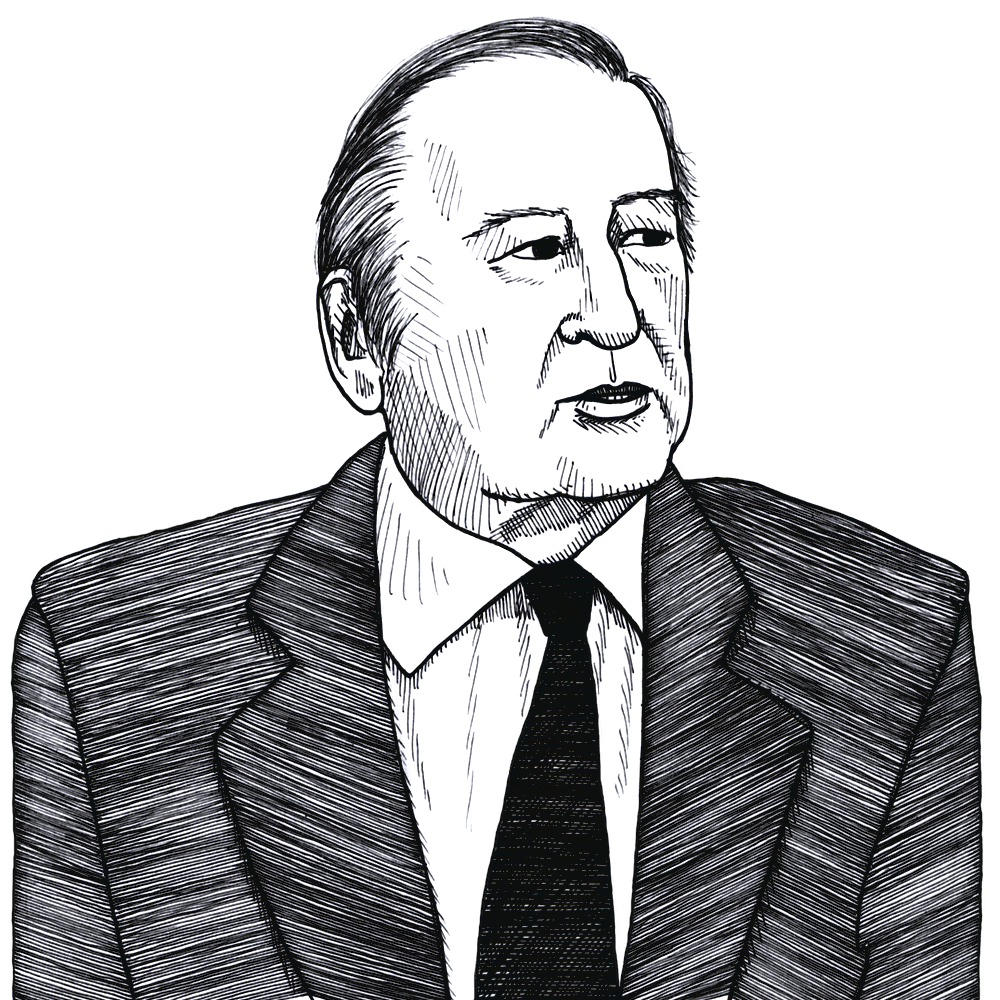
Anthony de Jasay asks whether states should be invented if they did not already exist (1985)
Found in: The State
Anthony de Jasay (1925-2019) asks whether we can trust the state to use its monopoly of force wisely and not “use it against those from whom it received it”:
The State
The state, under either the contractarian or the Marxist hypothesis, has got all the guns. Those who armed it by disarming themselves, are at its mercy. The state’s sovereignty means that there is no appeal against its will, no higher instance which could possibly make it do one thing rather than another. Everything really depends on Leviathan giving no cause to people to rebel (Hobbes is assuming that it would not), or on the state oppressing only the right people, i.e. the workers. There are certainly good reasons, both a priori and empirical, why such assumptions should, at least some of the time, be wrong.